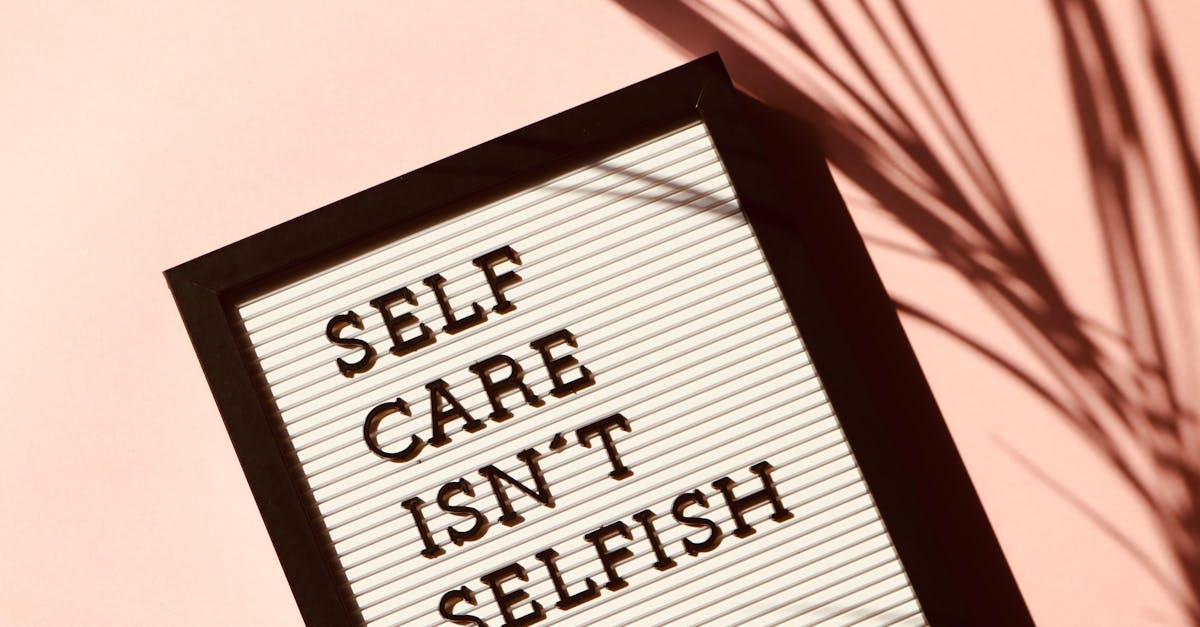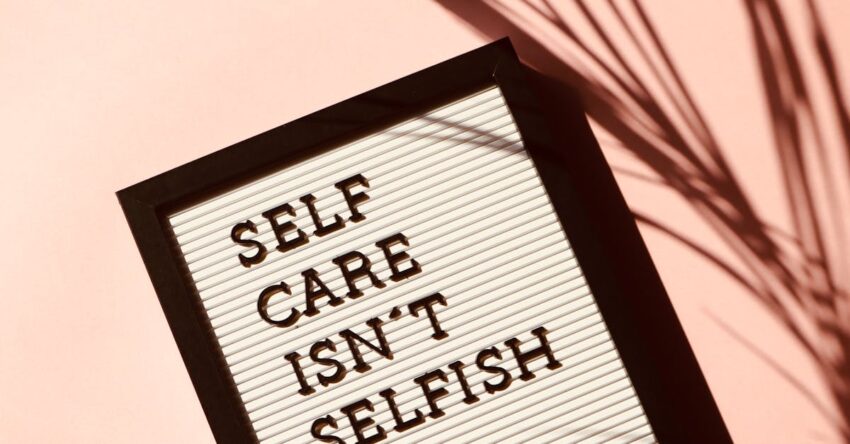Mindfulness in rehabilitation isn’t just a trend; it’s a transformative tool that can truly change your healing journey. When you think about recovery, you might imagine a battle against cravings and emotional challenges. However, incorporating mindfulness techniques can make these obstacles feel more manageable. By being present and focused, you can notice your thoughts and emotions without letting them control you. You gain the power to respond differently, ultimately enhancing your mental health recovery process.
Imagine facing each day’s stresses with a sense of calm and control. Mindfulness practices, like meditation and breathwork, offer practical ways to reduce stress and deal with life’s ups and downs. They help you cultivate self-compassion and notice positive changes in your behavior over time. You can find balance and build resilience against relapse and addictive behaviors. The potential for personal growth is immense when you give yourself the chance to engage fully with mindfulness-based approaches.
Curious about how mindfulness can impact your rehabilitation journey for the better? Read on to discover practical tips and real-life examples that could make a significant difference in your life.

Photo provided by Madison Inouye on Pexels
Within the article
Understanding Mindfulness Techniques
When you dive into mindfulness, you’ll find a variety of techniques to choose from. These methods help you focus on the present moment with full awareness. You might start with breath awareness. Just pay attention to your breathing. Notice how it flows in and out. Another technique is body scanning. Close your eyes and slowly focus on each part of your body, from your toes to your head. This can help relieve tension. Mindfulness also involves observing your thoughts. Instead of getting caught up, just note them and let them pass. Such techniques can be simple yet powerful.
Meditation Practices for Beginners
Meditation is a great way to start practicing mindfulness. Begin with a short session, maybe five minutes. Find a quiet place and sit comfortably. You can use guided meditations if that helps. Focus on your breath. When your mind wanders, gently bring it back. Don’t worry if your mind drifts; it happens to everyone. Over time, you can increase the duration of your sessions. Incorporating meditation into your daily routine can foster a sense of peace and calm. It’s a great way to manage stress and improve your concentration.
Mindfulness in Rehabilitation
Mindfulness in Rehabilitation can be a game-changer. It helps you focus on recovery and reduces stress. By staying present, you can learn to manage cravings and emotions better. Mindfulness techniques can also assist in breaking addictive behaviors. They encourage you to respond to situations thoughtfully instead of reacting impulsively. Thus, practicing mindfulness can significantly enhance your rehabilitation journey. It’s about finding balance and staying grounded as you heal.
Rehabilitation Benefits and Mental Health Recovery
Using mindfulness during rehabilitation can seriously boost your mental health recovery. It offers emotional regulation and a sense of stability. Mindfulness helps in reducing symptoms of anxiety and depression. It encourages self-compassion and kindness towards oneself. Additionally, mindfulness enhances the way you manage pain and discomfort. By focusing on the present, you can improve your mood and outlook. It provides a holistic approach to mental health recovery, promoting overall well-being.

Effective Stress Reduction Strategies
Managing stress can be simpler with mindfulness. Consider integrating breathwork and meditation into your routine. These strategies help calm your mind and body. Practice deep breathing exercises when you feel overwhelmed. Count to four as you inhale and exhale slowly. This can lower your heart rate and relax your muscles. Another effective method is mindfulness walking. Pay attention to each step and the sensations you feel. Even taking a moment to pause and appreciate your surroundings can help reduce stress levels. These practices can bring peace to even the busiest of days.
Embrace Your Journey with Mindfulness
Meditation and mindfulness hold the power to bring significant benefits to your rehabilitation process. By practicing these techniques, you create a calming space to manage stress and support mental health. Embracing these practices can help you stay present, reduce the risk of relapse, and enhance your overall emotional well-being. You find yourself better equipped to deal with challenges and control cravings while cultivating self-compassion and a healthier mindset.
Start by dedicating a few minutes each day to mindfulness activities. Focus on simple breathing exercises or guided meditations. Joining a mindfulness meditation class can also provide structure and support. Remember, consistency is key, so set a time that works for your routine and environment. As you continue, observe how these practices positively affect your mind and body.
Now is the time to take that first step. Begin your daily mindfulness practice and notice the small changes it brings. Commit to exploring this journey, knowing you have the tools to enhance your recovery and create a more balanced life. You’ve got this!
